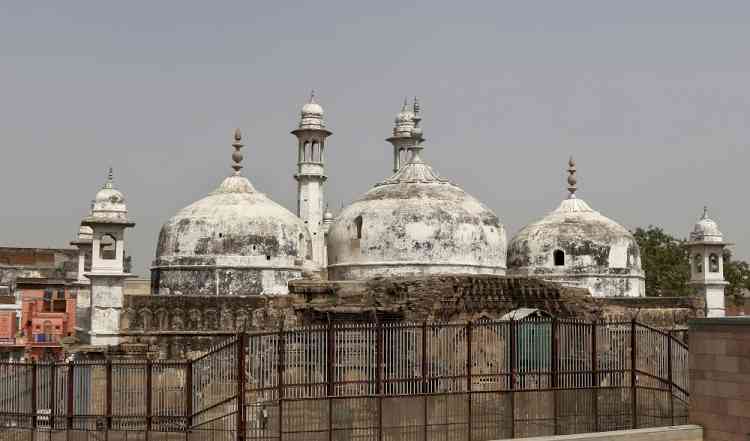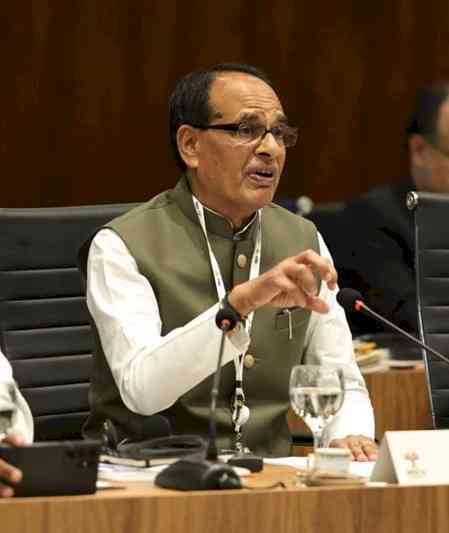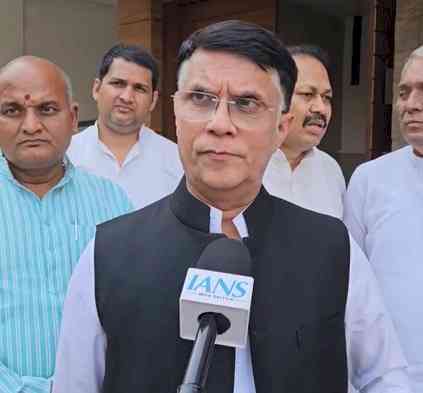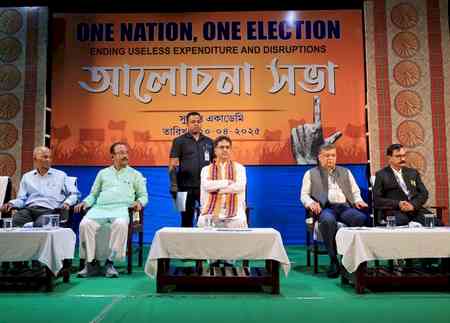Plea in SC seeks direction for rituals at 'Shivling' found in Gyanvapi survey
A plea has been moved before the Supreme Court seeking direction to allow Hindus to perform religious practices/rituals at the 'Shivling' found at the disputed Gyanvapi mosque site in Varanasi.

New Delhi, July 15 (IANS) A plea has been moved before the Supreme Court seeking direction to allow Hindus to perform religious practices/rituals at the 'Shivling' found at the disputed Gyanvapi mosque site in Varanasi.
The plea filed by Rajesh Mani Tripathi, President of the Shri Krishan Janm Bhumi Mukti Dal, said the petitioner has come before the top court seeking permission to offer puja in the month of Shravana, commencing from July 12 to August 12, and exercise the rights of "freedom of conscience and free profession, practice and propagation of religion" as guaranteed under Article 25 of the Constitution.
"It is submitted that the applicant wishes to perform their religious practices as guaranteed under the Constitution of India on the 'Shiv Linga' found during the survey conducted in pursuance to the order passed by the concerned court of Varanasi. It is a matter of record that the said 'Shiv Linga' found during the survey has duly been protected vide the order passed by the concerned court", added the plea.
The plea contended that though the said Shivling has been protected by the order passed by the local court, there are restrictions on bhakts, the devotees of Lord Shiva to offer puja and perform rituals there.
The plea submitted that in the Ayodhya judgment, it was held that "once a deity, is always a deity and a temple, merely on being demolished, shall not lose its character, sanctity or dignity".
On May 20, the Supreme Court transferred the proceedings of the suit by Hindu parties seeking worshipping rights at the Gynavapi mosque to the District Judge in Varanasi. However, the apex court, in its May 17 interim order directing protection of the 'Shivling', which was purportedly discovered during the survey in the Gyanvapi mosque, free access to Muslims for offering namaz should remain operational for eight weeks, after the district judge's decision in the matter.


 IANS
IANS 










